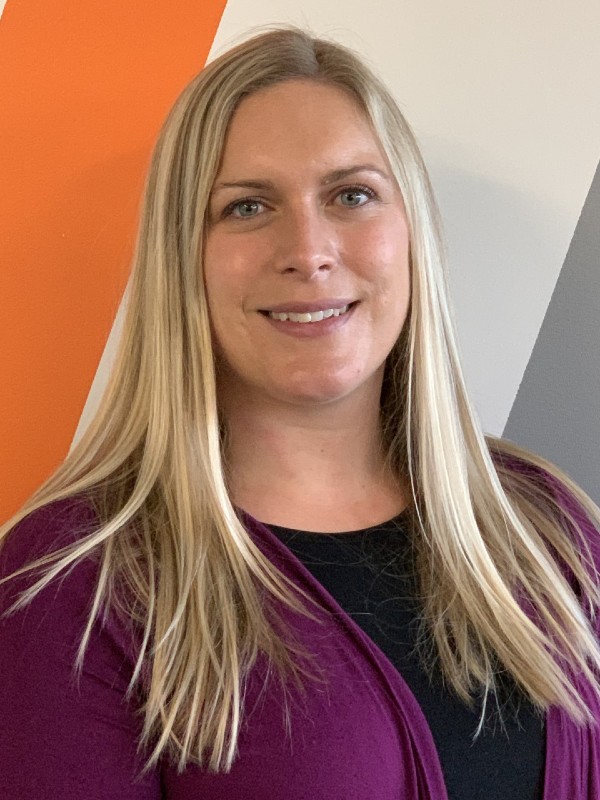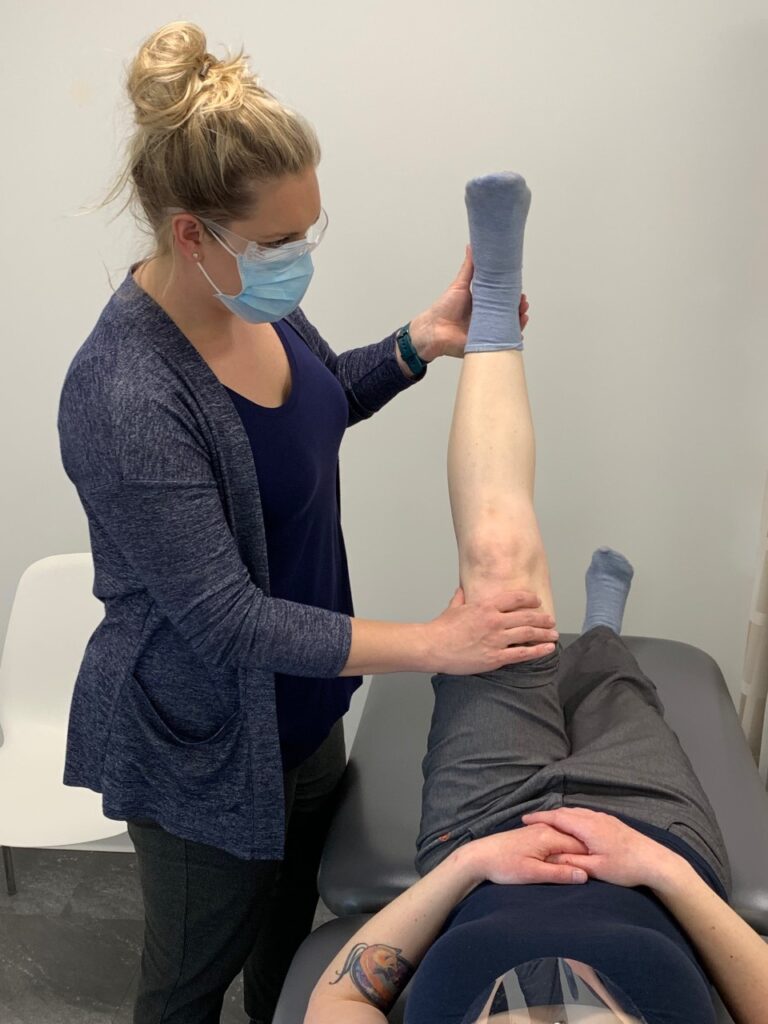
As Physiotherapists, we are often asked what injury or condition is the most difficult to treat. Our answer is “all of them.” Every condition, injury and area of the body presents its unique challenges and difficulties. It is part of what makes our careers so interesting and rewarding. Every person is different and unique and no two individuals despite having the same diagnosis will ever present the same way. This is true of every area of the body we manage but the shoulder is especially so. Shoulder problems and conditions are tough to manage!
Here at Elevation Physiotherapy, we are fortunate to have a mix of staff who excel at so many things. Though we come from different backgrounds and have individual specialties, we have chosen to share our unique talents and gifts in collaboration, with the singular purpose of serving our patients with excellence. And in December 2020, our Clinic took a massive jump forward in having one of the best shoulder Physiotherapists in Edmonton join our team. This month’s April blog will highlight our newest addition to our #elevationorangeteam: Danielle Bles!
Albert: Danielle, at what point in your career did you start developing an interest in managing shoulders?
Danielle: When I first graduated from my Master’s of Physical Therapy in 2011, I was very intimidated by shoulder injuries. There was so much complex anatomy confined within such a small region and so many different types of pathologies: rotator cuff tears, tendinosis, tendinopathy, bursitis, labral tears, instability, arthritis… the list can go on and on. Also, the neck, the upper back, the scapula and the core all play a significant role in shoulder pathology. And in life, what challenges us is usually what intrigues us the most.
Albert: I agree. Early in my career, I was completely perplexed with how to manage dizzy patients. This spurred my interest in managing concussions and vestibular conditions.
In 2018, the referral system in Edmonton to see a shoulder surgeon was completely overhauled. Can you describe the old process and your role in the new process as part of the Bone and Joint Centre team?
Danielle: Prior to 2018, there was no formalized referral system for Family Physicians to refer their patients to see a shoulder surgeon. As such, it was very inefficient and disorganized with patients being referred to multiple surgeons at a time. The Bone and Joint Centre was already in existence in Edmonton as a central triage centre for surgical consults for hips and knees. In the same way, Dr. Sheps, a shoulder surgeon, with Alberta Health Services created a similar system for shoulder surgical consults. The goal was to create a more efficient and streamlined referral system for shoulder surgical consultations.

In 2018, I was invited to be a part of the team at the Bone and Joint Centre. Here, I worked as part of an interdisciplinary team to determine the patient’s best pathway of care. If not surgery, then conservative management included Physiotherapy either alone or in combination with injection therapies. In this setting, I have learned an incredible amount about shoulder pathology and surgeries and I have developed a passion for treating them. I learn something new in every interdisciplinary clinic that I am a part of.
Albert: In this setting, you assess shoulder patients who have never tried any conservative management (ie. Physiotherapy) or else have only received repeated pain injections and failed. Or else, they may have had some Physiotherapy management but it did not resolve their problem. What patterns did you observe in these patients?
Danielle: Unfortunately, many physicians and patients still under-estimate the value and benefits of excellent Physiotherapy care. Physiotherapy care should not consist of solely passive treatments (like the use of machines, massage therapy only or poorly prescribed exercises that do not meet the individual needs of the patient). Exercise prescription remains the most important thing we do as therapists and every patient should be given a home exercise program focusing on strength and range of motion and have a good understanding of the dosage and intensity of their program. Programs need to be individualized, as every shoulder injury is unique and may respond differently to the exercises. There is also a role for manual therapy and muscle release techniques (massage, dry needling, active release techniques) as oftentimes, imbalances in the muscles of the shoulder, scapula, neck and upper back can play a very large role in shoulder pain. However, these pain relieving techniques must be done in conjunction with a patient’s exercise program.

Albert: What kinds of conditions are more amenable than others to conservative management as opposed to surgery?
Danielle: People with chronic degenerative rotator cuff tears tend to do well with conservative management. These are people who developed their shoulder problem with no specific trauma and their problem steadily progressed over time. Also, those with partial thickness tears, injuries to their non-dominant arm and small (<1cm) full thickness rotator cuff tears often do well.
Albert: I believe you have an interest in research as well?
Danielle: Yes, I had plans to be involved in 2 research studies but which has now been put on hold due to the pandemic. One was a Delphi consensus study done as part of a shoulder expert team to create a shoulder clinical pathway tool for shoulder pain. The second was a collaboration with sport medicine physicians for a future study on hydrodilation combined with physiotherapy for frozen shoulders.
Albert: Finally, what prompted you to join our Team here at Elevation Physiotherapy?
Danielle: Your leadership, experience and expertise is what attracted me to this Clinic. As well, this Clinic’s culture of learning, collaboration and great mix of staff, both professional and support, has made being a part of this Team very enjoyable.
Submitted by Danielle Bles and Albert Chan
